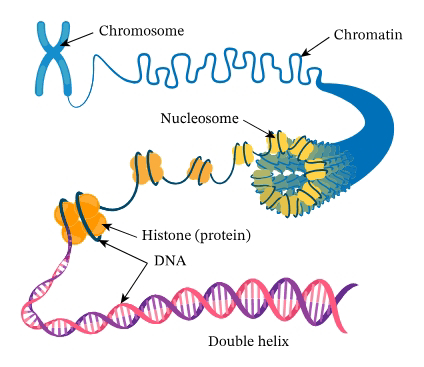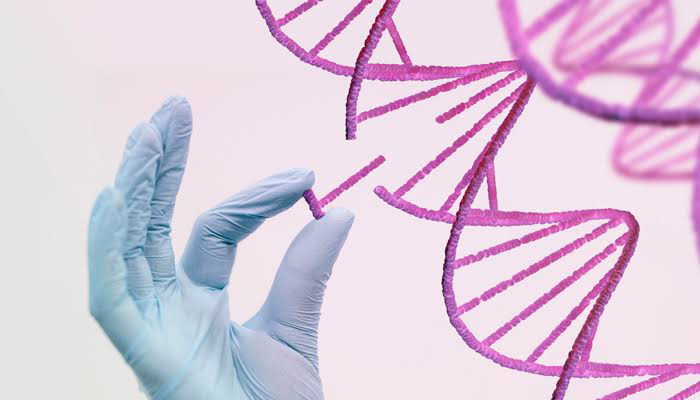A Genetic Journey: Understanding Our Blueprint
Introduction
We've all heard the term "genes," but what do they really mean? How do they shape who we are, our appearance, our health, and even our personality? Let's embark on a journey to unravel the mysteries of our genetic code.
What are Genes?
Imagine our body as a blueprint, a detailed plan outlining every aspect of our structure and function. Genes are the building blocks of this blueprint, tiny segments of DNA (deoxyribonucleic acid) that carry the instructions for creating proteins. These proteins, in turn, perform a wide range of tasks, from building tissues and organs to regulating metabolism and immune responses. Think of genes as recipes in a cookbook. Each recipe contains specific instructions for combining ingredients to create a particular dish. Similarly, each gene contains the instructions for creating a specific protein. The combination of these proteins determines our unique traits and characteristics.
The Human Genome
The complete set of genes in a human is called the human genome. It's estimated to contain approximately 20,000 genes, each of which can have multiple variations. These variations, known as alleles, contribute to the diversity of human traits. For example, some people have brown eyes, while others have blue eyes. This difference is due to variations in the genes that control eye color.
Inheritance
Genes are passed down from parents to their children through a process called inheritance. Each parent contributes one copy of each gene to their child. This means that a child inherits a unique combination of genes from their parents, resulting in a unique set of traits.
The Importance of Genes
Genes play a crucial role in many aspects of human life, including:
- Physical traits: Genes determine our physical characteristics, such as height, weight, hair color, and eye color.
- Health: Genes can influence our susceptibility to certain diseases, such as heart disease, cancer, and diabetes.
- Behavior: Genes may also play a role in our personality, behavior, and intelligence.
- Development: Genes control the development of our bodies from a single fertilized egg to a complex organism.







Comments
Post a Comment